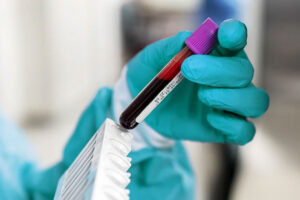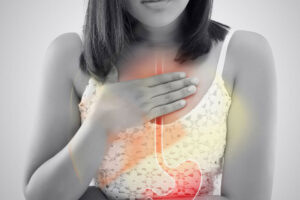
Abdominal Pain
Abdominal pain is a common health issue that many people experience at some point in their lives. It refers to any discomfort felt between the chest and the pelvis. Abdominal pain is a sensation of discomfort or ache in the belly region. It can vary in intensity, ranging from mild cramping to severe, sharp pains. The abdomen houses various organs, including the stomach, intestines, liver, and gallbladder, so various factors can cause pain in this area. Understanding the causes and characteristics of abdominal pain can help individuals make informed decisions about seeking medical assistance.






















